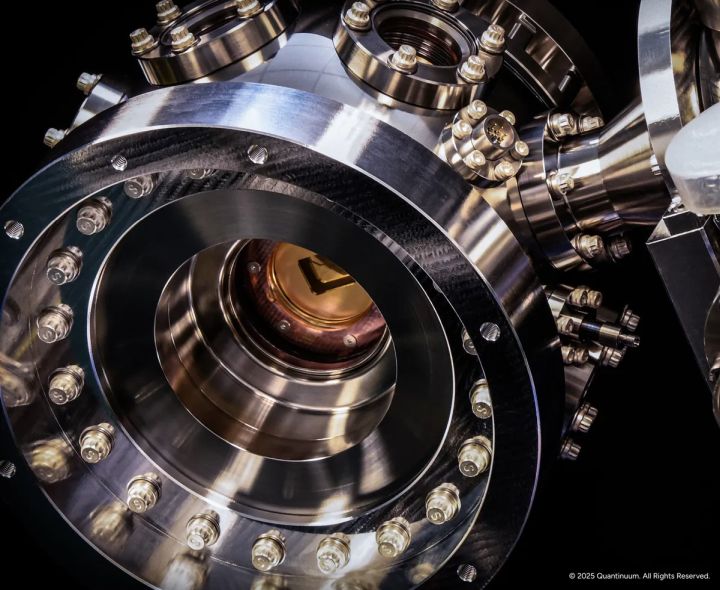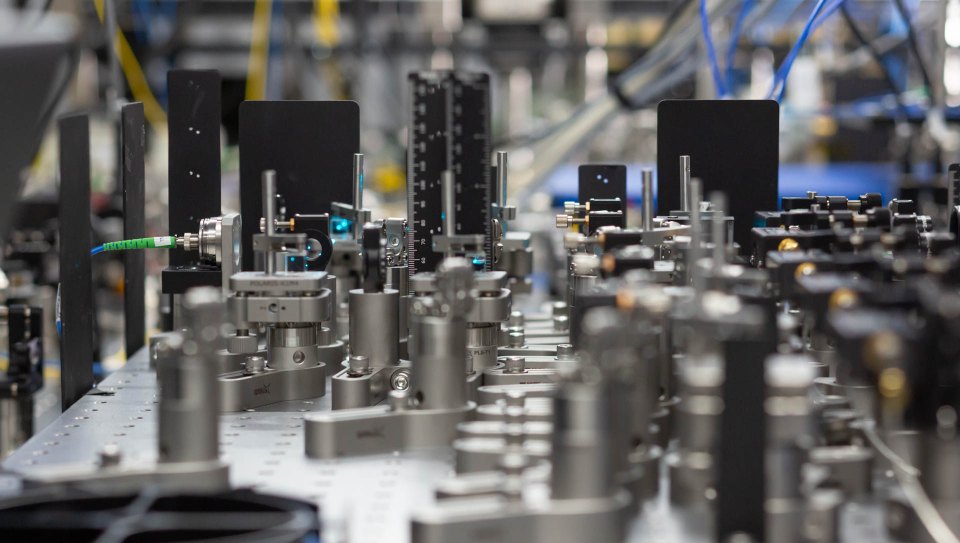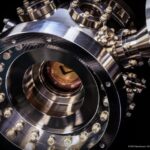Honeywell’s quantum startup Quantinuum raises $600M in funding at $10B valuation, backed by Nvidia and JPMorgan

Honeywell’s quantum computing spin-off Quantinuum has just raised a massive $600 million in funding, with Nvidia’s venture capital arm stepping in as one of the key backers. The raise pushes Quantinuum’s valuation to $10 billion, doubling from $5 billion earlier this year.
“This capital raise will support Quantinuum’s advancement of quantum computing at scale, which includes continued progress toward the upcoming launch of Helios, the company’s next generation quantum computing system that is expected to launch this year. It will also support Quantinuum’s path to becoming the first to perform universal fault-tolerant computing,” the company said in a statement.
The deal marks another sign that heavyweight investors are betting big on quantum tech. New capital came from Quanta Computer, QED Investors, and NVentures, Nvidia’s investment arm, while existing shareholders like JPMorgan Chase, Mitsui, and majority owner Honeywell doubled down on their stakes. “Bloomberg also confirmed the deal in a report, saying:
“Nvidia Corp.’s venture capital arm is investing in Quantinuum for the first time, valuing the quantum computing company controlled by Honeywell International Inc. at $10 billion.”
Honeywell’s Quantum Bet Pays Off: Quantinuum Hits $10B Valuation with $600M Raise
For Honeywell, the momentum has been building. As we reported nearly two years ago, Quantinuum secured $300 million in a round led by JPMorgan. This latest infusion gives the company the financial firepower to expand its technology and keep pace in a race that’s drawing in the biggest names in tech. Nvidia itself has been aggressively moving into quantum research, opening a lab in Boston earlier this year that collaborates with firms like Quantinuum.

Founded in 2021 through the merger of Cambridge Quantum and Honeywell Quantum Solutions, Quantinuum focuses on trapped-ion quantum computers — a design that uses ytterbium ions as qubits, manipulated by lasers to process data. Unlike classical computers that operate strictly in 0s and 1s, qubits can exist in multiple states at once, allowing them to crunch through certain problems much faster than traditional machines. Quantinuum’s H2 model has been touted for its industry-leading two-qubit gate fidelity, a measure of reliability in quantum operations.
The company has already made headlines for hitting the highest recorded quantum volume, a metric that reflects both qubit count and error rates, reaching 524,288. Beyond hardware, it has rolled out software like InQuanto, which supports chemistry research, and Quantum Origin, which focuses on securing encryption keys. The strategy is clear: build both the machines and the tools that make them useful in real-world applications.
Major corporations are already testing those applications. Airbus, BMW, HSBC, JPMorgan Chase, and Honeywell are working with Quantinuum’s systems as they look for ways to apply quantum computing to logistics, finance, materials science, and beyond.
Honeywell CEO Vimal Kapur has hinted at what comes next. Speaking on an earnings call in July, he said Quantinuum is laying the groundwork for a spin-off IPO that could arrive by 2027. For now, the focus is scaling up its technology, keeping customers engaged, and showing investors that its bet on quantum hardware and software can translate into business impact.
With Nvidia, JPMorgan, and Honeywell all pushing chips onto the table, Quantinuum now finds itself among the best-funded companies in the sector. And in a space where breakthroughs are measured not in quarters but in qubits, money and momentum may prove to be the ultimate differentiators.




